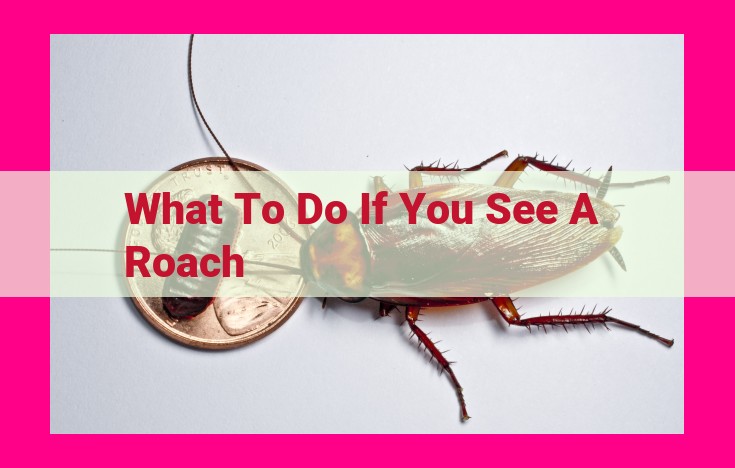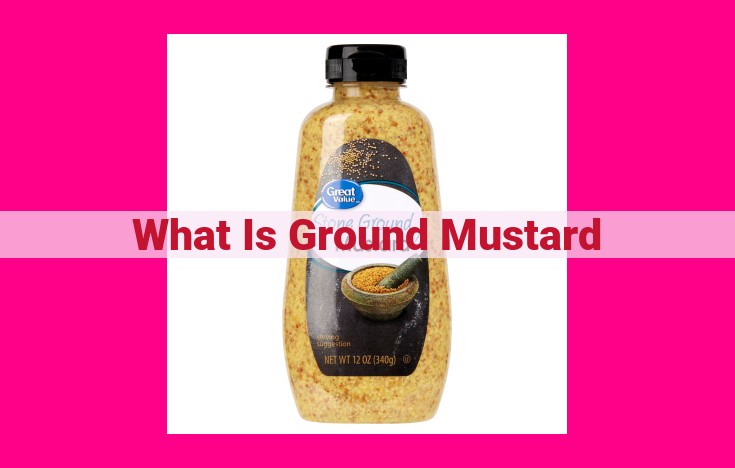Mastering Pest Control: Guidance From Experts And Institutions

- Locate governmental agencies (EPA, CDC, FDA) for pest control regulation.
- Contact trade organizations (NPMA, APCA) for industry standards and practices.
- Seek academic assistance from Entomology departments (UF, Purdue, Texas A&M) for research and education.
Governmental Agencies and Pest Control: A Role in Protecting Public Health
Governmental agencies play a significant role in safeguarding public health by overseeing pest control practices and ensuring the safety and efficacy of pest control products. Among the most prominent agencies involved in this endeavor are the Environmental Protection Agency (EPA), the Centers for Disease Control and Prevention (CDC), and the Food and Drug Administration (FDA).
EPA: The EPA serves as the primary regulator of pest control products in the United States. It evaluates and registers pesticides before they can be sold and used. The EPA establishes maximum residue limits for pesticides on food and sets guidelines for the safe use of pest control products.
CDC: The CDC provides guidance on pest control practices to prevent and control the spread of disease. It conducts research on the transmission of diseases by pests and publishes guidelines for the management of pest-related diseases, such as malaria and hantavirus.
FDA: The FDA regulates the use of pesticides that can be applied to food (food-use pesticides). It establishes tolerance levels for pesticide residues on food and evaluates the safety of these residues for human consumption. The FDA also conducts inspections to ensure the proper use of pesticides in food production facilities.
These agencies work collaboratively to ensure that pest control practices are safe, effective, and minimize the risk to human health and the environment. Their regulations and guidelines provide a framework for professional pest control operators to follow, helping to protect the public from the harmful effects of pests while also preserving the integrity of our food supply.
Trade and Industry Organizations: Guardians of Pest Control Excellence
In the world of pest control, a cadre of dedicated organizations works tirelessly to ensure the highest standards of practice and knowledge. These organizations, each with its unique mission and focus, play a pivotal role in advancing the industry and safeguarding public health.
National Pest Management Association (NPMA)
The National Pest Management Association (NPMA) stands as the leading voice of the pest control industry in the United States. It represents over 7,000 pest management companies and plays a crucial role in promoting:
- Best practices: The NPMA develops and disseminates industry guidelines to ensure the safe and effective application of pest control methods.
- Certification: It offers certification programs to recognize pest control professionals who meet rigorous standards of knowledge and expertise.
- Education: The NPMA provides a comprehensive range of educational resources, including conferences, webinars, and publications, to keep its members abreast of the latest advancements in the field.
American Pest Control Association (APCA)
The American Pest Control Association (APCA) is another respected organization that supports the pest control industry. Its primary focus is on:
- Advocacy: The APCA represents the interests of pest control companies before government agencies and regulatory bodies.
- Education: It offers training programs, seminars, and publications to help professionals stay up-to-date on industry trends and best practices.
- Networking: The APCA provides opportunities for members to connect and collaborate, sharing knowledge and experiences.
Associated Certified Contractor of America (ACCA)
The Associated Certified Contractor of America (ACCA) is a non-profit organization that promotes excellence in the contracting industry, including pest control. Its mission includes:
- Accreditation: ACCA provides accreditation to pest control companies that meet rigorous standards of business practices, technical expertise, and customer service.
- Training: It offers training programs to enhance the skills and knowledge of pest control professionals.
- Professionalism: ACCA fosters a culture of professionalism and ethical conduct within the industry.
Entomological Society of America (ESA)
The Entomological Society of America (ESA) is a scientific organization dedicated to the study of insects and their impact on the environment and human health. Its role in pest control includes:
- Research: ESA supports research into the biology and behavior of pests, leading to advancements in pest management techniques.
- Education: It provides educational resources and opportunities to entomologists and pest control professionals.
- Advocacy: ESA advocates for policies that promote the safe and effective use of pest control methods.
Structural Pest Control Coalition of Texas (SPCCT)
The Structural Pest Control Coalition of Texas (SPCCT) is a coalition of trade organizations representing pest control companies in Texas. Its primary goals are:
- Education: SPCCT provides educational materials and seminars to help pest control professionals stay informed about new pest control techniques and regulations.
- Advocacy: It represents the interests of the industry before the Texas legislature and regulatory agencies.
- Networking: SPCCT offers opportunities for members to connect and share information about industry best practices.
Academic Institutions: Nurturing Advancement in Pest Control
Academic institutions play a vital role in the field of pest control, fostering scientific advancements and educating the next generation of experts. Among the most renowned centers for pest control research and education are the Entomology departments at *the University of Florida, Purdue University, and Texas A&M University*.
University of Florida: A Pioneer in Pest Management
The University of Florida’s Entomology Department boasts a distinguished legacy in pest control. Its scientists have made groundbreaking discoveries in pest biology, behavior, and management strategies. The department’s Urban Entomology Lab is at the forefront of research on cockroach control, developing innovative methods to combat these resilient pests.
Purdue University: Excellence in Integrated Pest Management
Purdue University’s Department of Entomology is renowned for its expertise in integrated pest management (IPM) techniques, which prioritize eco-friendly and effective pest control practices. Its researchers focus on developing sustainable solutions for managing pests in agriculture, urban environments, and homes.
Texas A&M University: Advancing Cockroach Science
The Department of Entomology at Texas A&M University is a global leader in cockroach research. Its scientists have delved into the intricate world of cockroaches, unraveling their behavior, reproduction, and resistance to insecticides. Their work has significantly contributed to the development of effective cockroach control strategies.
These academic institutions are not only centers of cutting-edge research but also hubs for educating future pest control professionals. Their graduate programs in Entomology prepare students for careers in research, industry, and regulatory agencies. Their extension programs provide valuable resources and training for pest control practitioners, homeowners, and the general public.
Chemical Manufacturers: Guardians of Health Against Pesky Pests
In the battle against pests, behind every effective pest control product lurks a powerhouse of innovation: chemical manufacturers. These unsung heroes play a pivotal role in keeping our homes and businesses free from the nuisance and potential health hazards posed by pests. Let’s delve into the world of these chemical giants and explore their remarkable contributions to pest control.
Bayer: The Pioneer in Pest Control
With a rich 150-year legacy, Bayer stands as a global leader in the development and production of pest control solutions. From advanced insecticides like Tempo SC Ultra to innovative rodenticides like Contrac Blox, Bayer’s portfolio safeguards homes and workplaces worldwide.
Syngenta: A Force in Pest Management
Syngenta has established itself as a renowned provider of comprehensive pest management solutions. Its cutting-edge products, like Termidor for termite control and Advion for cockroach management, empower pest control professionals with effective and environmentally responsible options.
BASF: The Trusted Name in Crop Protection
BASF is highly regarded for its expertise in crop protection. The company’s specialized pest control products, such as Ficam and Termidor HE, are trusted by farmers and homeowners alike to protect valuable crops and property from pests.
FMC: An Innovator in Pest Control
FMC has consistently pushed the boundaries of pest control with its innovative products. Talstar insecticide and Mach II granular bait are just two examples of FMC’s commitment to providing effective and reliable solutions for a wide range of pest problems.
Corteva: The Agricultural Powerhouse
Corteva is a leading player in the agricultural industry, offering a range of pest control products specifically designed for the unique challenges of farms and agricultural operations. Its flagship products, such as Lorsban and Granstar Pro, are trusted by farmers to protect their crops from devastating pests.
University Extensions: A Lifeline for Pest Control Information
Extension services play a pivotal role in disseminating authoritative and accessible pest control knowledge to the public. They serve as a bridge between the academic world and the everyday lives of people struggling with pest infestations.
One such notable resource is the University of Nebraska-Lincoln Extension’s “Guide to Roach Control.” This comprehensive guide is a treasure trove of information on various aspects of roach control, including identification, behavior, prevention, and treatment options.
The guide meticulously outlines the different species of roaches, their specific habits, and the optimal strategies for targeting each one. It emphasizes the importance of sanitation, exclusion, and baiting techniques in managing roach populations effectively.
Key Features of the Guide:
- Detailed descriptions and images of common roach species
- Comprehensive information on their biology and behavior
- Step-by-step instructions for implementing preventive measures
- Trusted recommendations for selecting and using effective roach control products
- Tips for professional pest control services when necessary
Benefits of Referencing University Extension Resources:
- Credible and research-based information: Extension resources are developed by respected experts in the field of entomology and pest management.
- Tailored to local conditions: University extensions often consider the specific pest species and environmental conditions relevant to their region, making their recommendations highly applicable.
- Free and accessible: These resources are typically available online or through local extension offices, ensuring wide accessibility to the public.
- Empowerment through education: By providing access to user-friendly pest control information, university extensions empower individuals to take control of pest problems and maintain a healthy living environment.
University extension resources, such as the University of Nebraska-Lincoln Extension’s “Guide to Roach Control,” are invaluable assets in the fight against pests. They provide reliable, practical, and accessible information that empowers homeowners and businesses to effectively manage pest infestations. By leveraging these resources, individuals can safeguard their properties, protect their health, and enjoy a pest-free environment.





